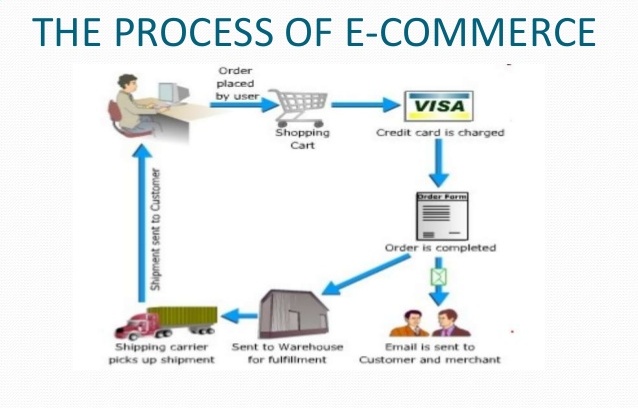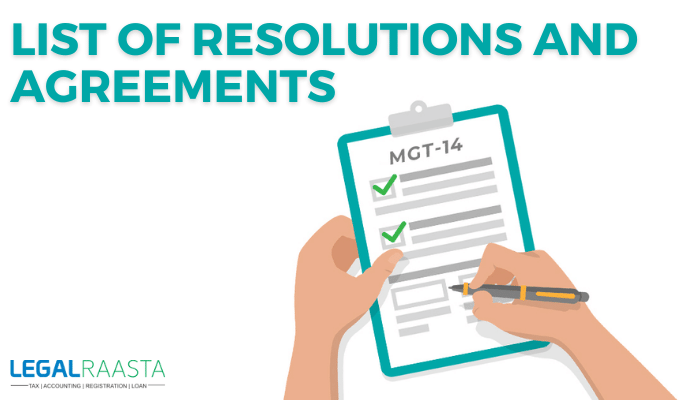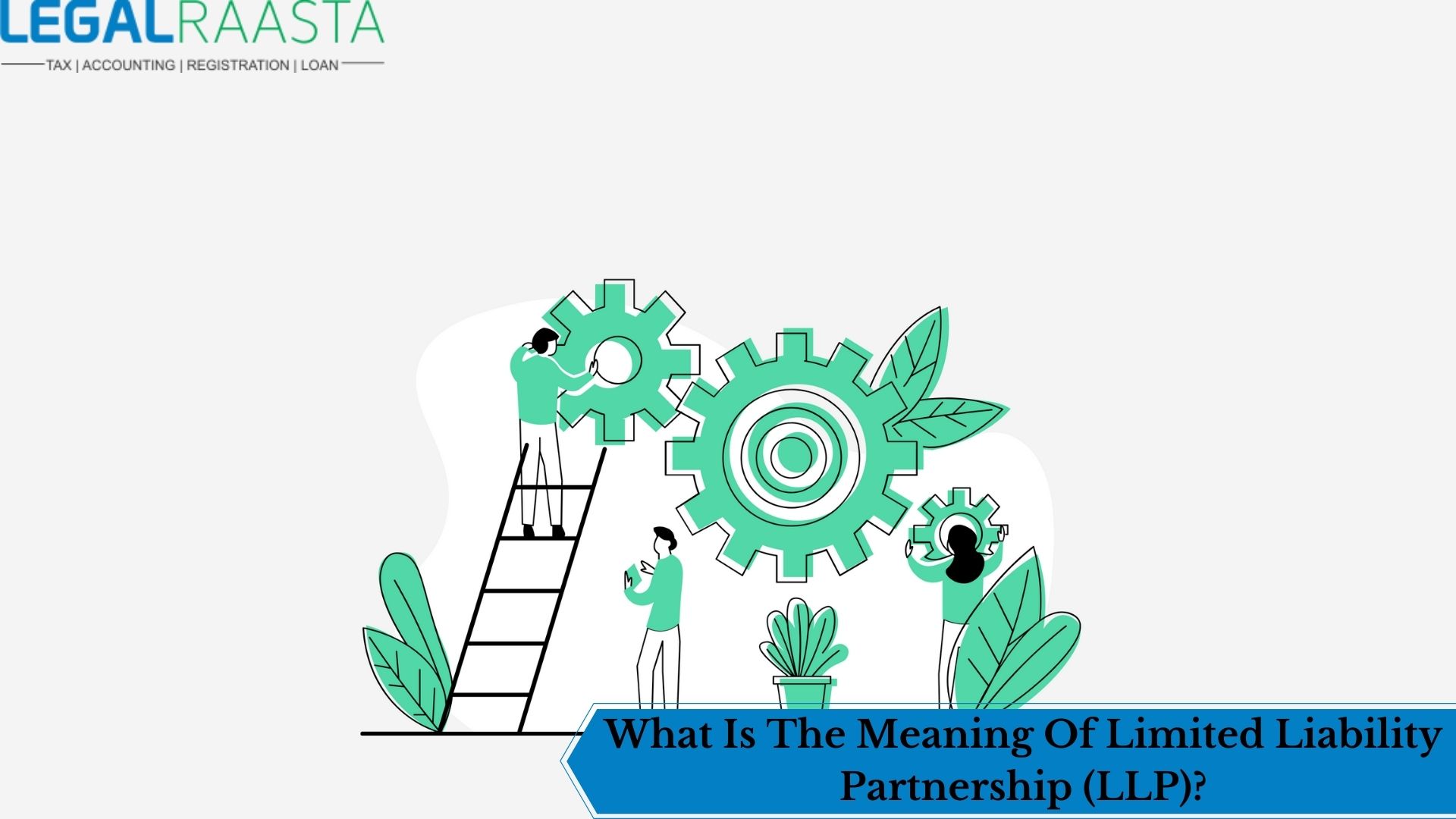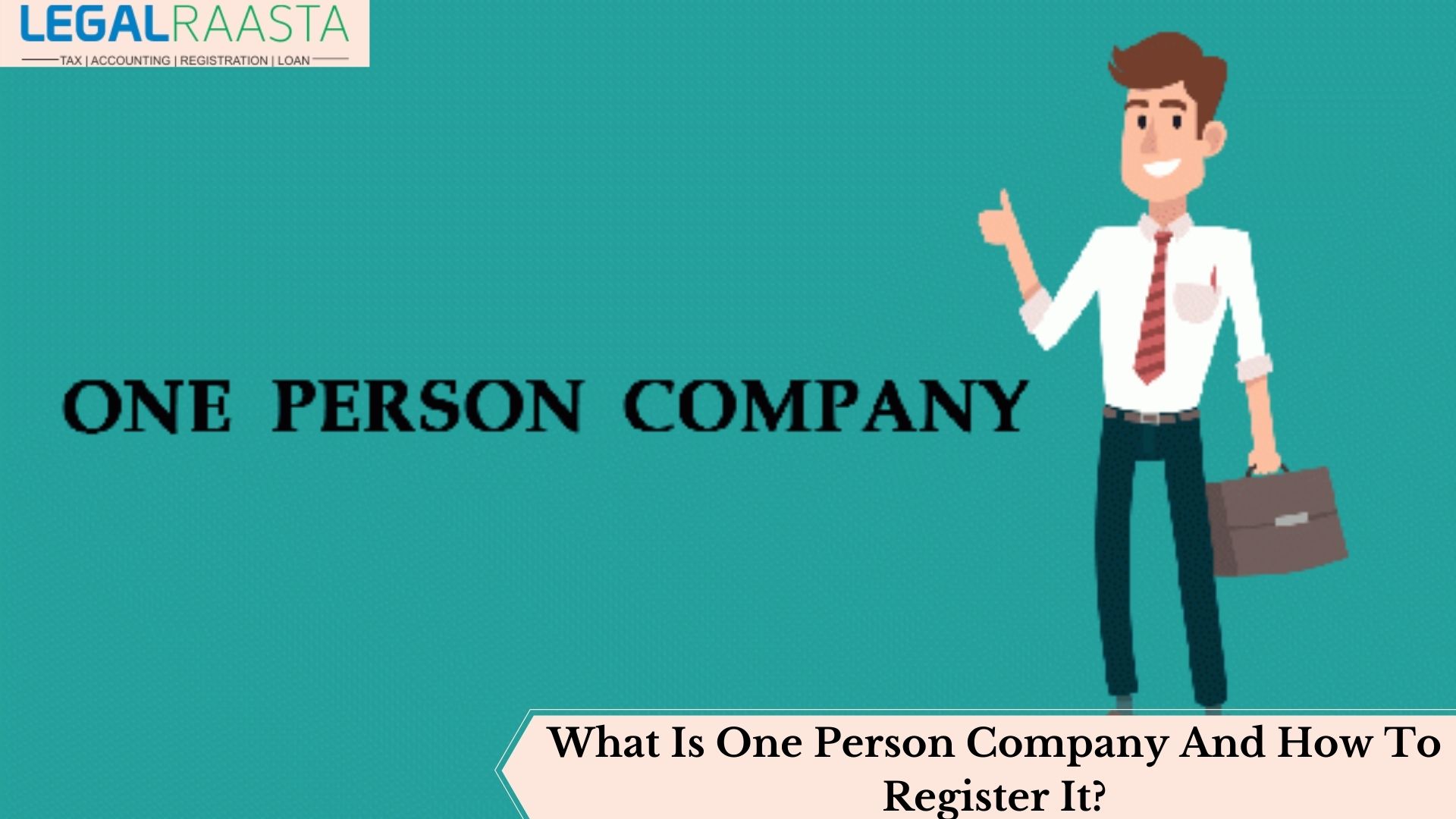Registration and Licenses Required for Starting an E-commerce Business
According to a recent survey, E-commerce Business in India is set to grow at a rate of 40% per annum. With the increasing reach of the internet, the growing popularity of online shopping among consumers, and the low cost of maintaining an online site, E-commerce Business is gaining a lot of significance for new entrepreneurs looking open their businesses online rather than set up a shop.
But the question in everyone’s mind is, where and how to begin this journey.
Well, you can start with familiarizing yourself with your target market and the players already in it. After, you’ve done a complete market research along with the market analysis competitor’s market; you should have a general idea of how you want to start your E-commerce business.
Next, follow these steps:
Register Your Company:
The first thing to know is, any online business wanting to accept online payments needs to be a registered company. This is needed so that, they can establish a secured payment gateway on the website. There are three ways you can register your business:
The easiest and the most convenient way to get your business up and running is to register as a Sole Proprietor.
A sole proprietorship offers a number of benefits like lesser legal compliance, lower costs of documentation, and the Indian law treats the proprietor’s business and the proprietor as having the same identity (unlike Pvt. Ltd and Public companies), this can help you to run it out of your home. You pay tax at an individual rate, not at a corporate tax rate. No additional cost required all you need is a bank account in the name of your company at a local bank branch. Your can use your personal PAN card for taxation purposes. For a majority of e-commerce businesses, the sole proprietorship is the most popular way of setting up their business due to the less turnover earlier on.
The second way to register is to go for Pvt Ltd, a Public Company or a Limited Liability Partnership (LLP) keeping in mind the scale of your business. The first thing to do here is, set up a current account in the name of your business. It offers you the advantage of collecting profits and paying the losses in the name of your company rather than your personal account. They require a number of documentation and legal compliances. But, they are necessary for the scaling of business later on, when your turnover is larger.
Taxation:
In the case of sole proprietorship, you can use your own PAN card for taxation purposes. You have to file income tax returns under your name.
A sole proprietorship business is charged at individual rates, thus, no corporate tax has to be paid.
Service tax is applicable only on services provided. For the sale of goods, VAT, excise, and sales tax are applicable. It is mandatory to pay these taxes only when your business crosses the turnover of 10 lacs per annum.
Business Licenses:
The business license necessary for an online portal depends on the type of products to be sold at the site. Following are a few of them:
- Shops and Establishment Act: This is important if you wish to have a payment gateway for your online store. Also, it is mandatory if you wish to set up a physical shop and employ people.
- CST/VAT: These are the basic taxes that you have to pay when selling goods online but, only once your annual turnover crosses 5 lacs.
- Service Tax: It is mandatory to pay this tax if you are offering services online but, only once your annual turnover crosses 10 lacs
- Professional Tax: Registration of this tax is required if you have one or more employees working under you.
The taxes and registrations policies differ from state to state. So, it is advisable to check with your respective state policy regarding these registrations.
For more information please visit legalraasta.








